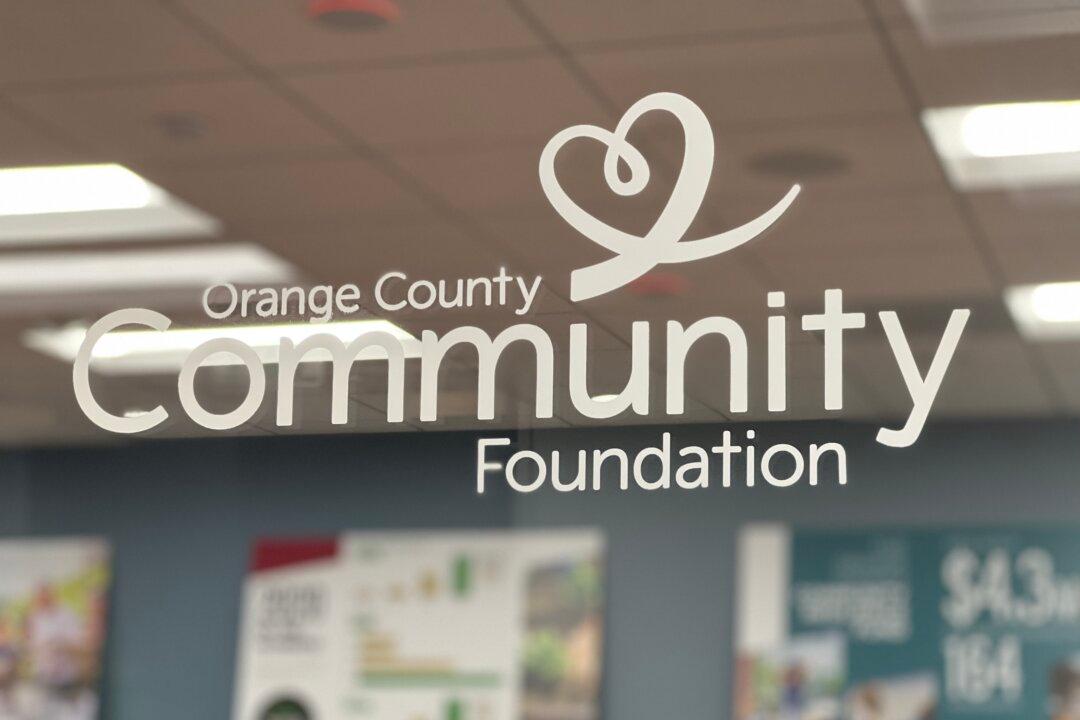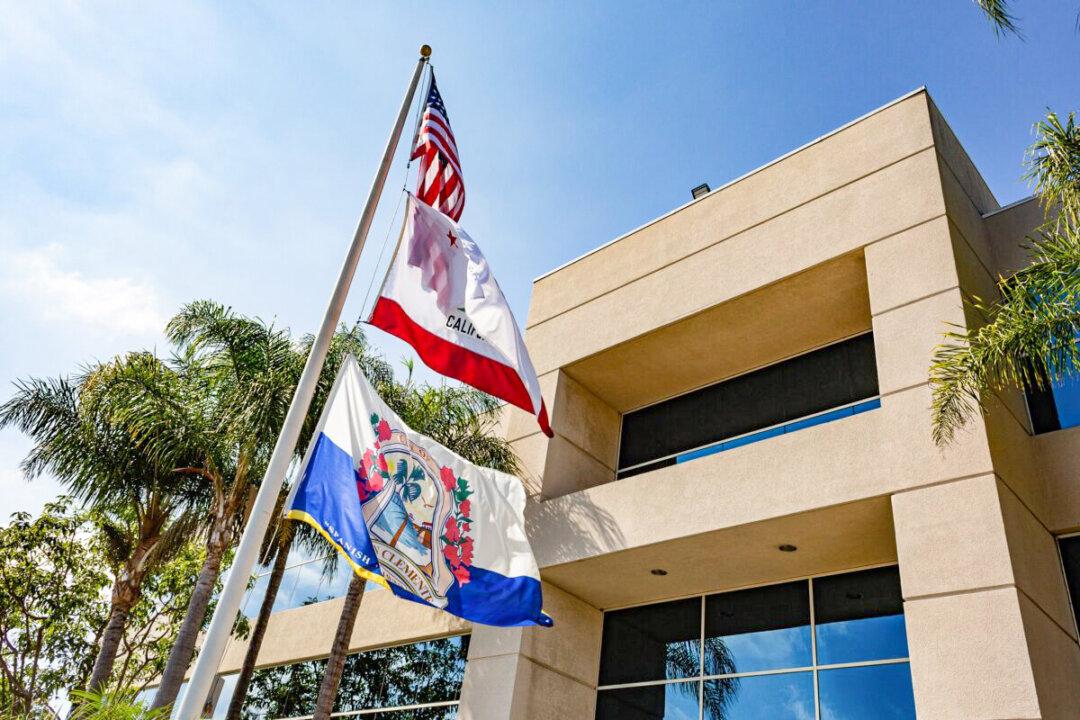Cynthia Esparza knows nothing of the Orange County Community Foundation (OCCF), even though it may have saved her and her children’s lives.
The 32-year-old mother of three had found herself on the verge of homelessness after a series of events that started in January 2020 when she walked out of her home—her children in tow—to escape an abusive relationship with her children’s father.





